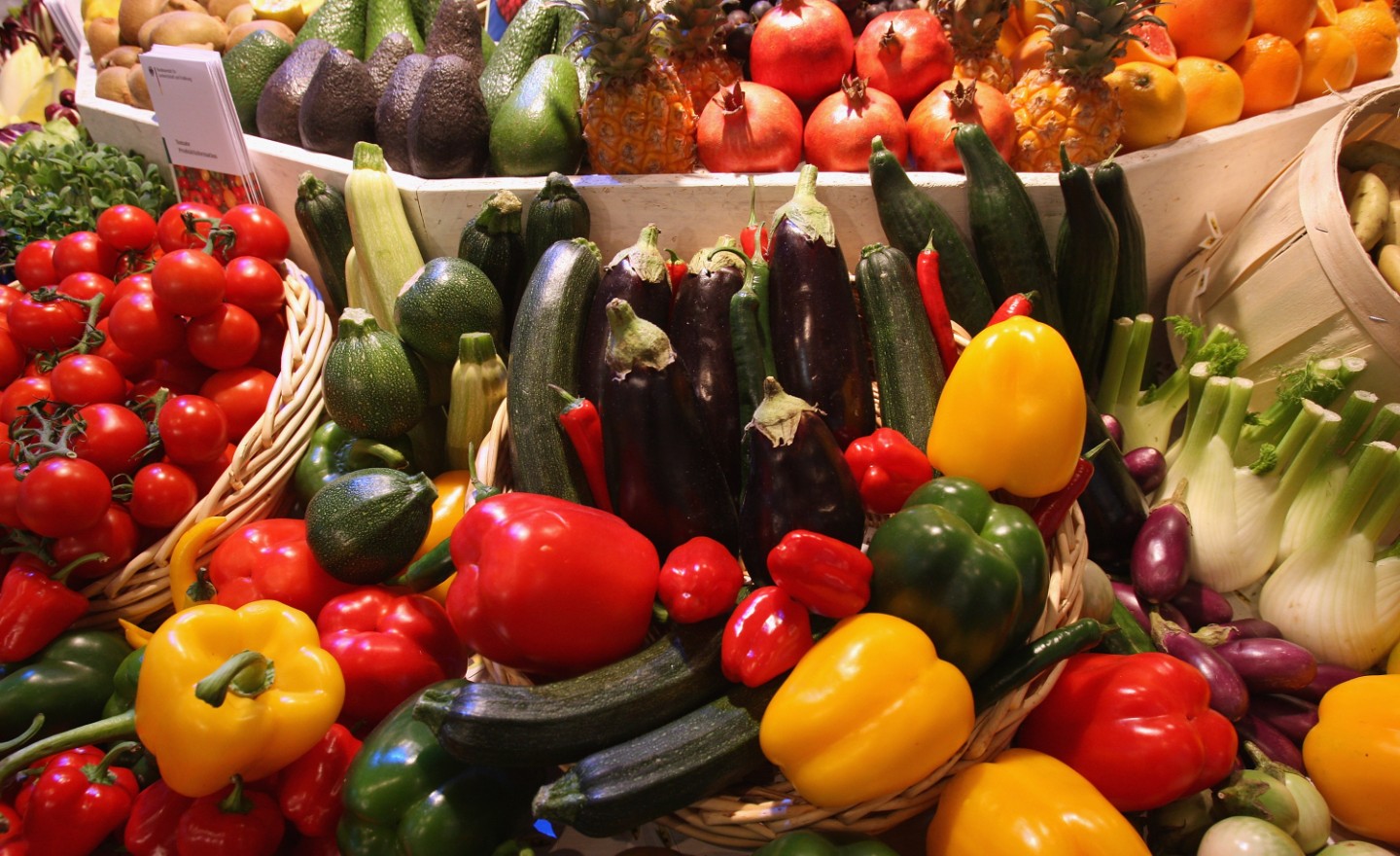The views expressed by contributors are their own and not the view of The Hill

Income-based health disparities in the United States are among the worst in the world, and poor nutrition is at the heart of the problem.
Unhealthy diets now cause more deaths in the U.S. than tobacco or any other health risk factor. Black, Latino and Indigenous Americans, as well as people with lower incomes, experience much higher rates of diet-related illnesses compared to White Americans and those with higher incomes. Inadequate fruit and vegetable intake is a key contributor to poor diet, yet most Americans do not eat enough fruits and vegetables. This problem disproportionately affects these communities, largely due to cost and access barriers.
To address these inequities, Congress must expand a little-known but highly effective federal program called the USDA Gus Schumacher Nutrition Incentive Program (GusNIP), which helps people who participate in the Supplemental Nutrition Assistance Program (SNAP) afford fruit and vegetables and maximize the benefits it provides to communities of color and people with lower incomes.
The implications of inadequate produce consumption are profound. Consuming fruit and vegetables decreases the risk of chronic diseases, including cardiovascular disease, type 2 diabetes and cancer. Suboptimal fruit and vegetable consumption results in 139,000 deaths from cardiovascular disease alone each year in the U.S. People from underserved communities consume less than more privileged groups because of cost and access barriers. As a GusNIP participant put it, “People who come from [my community], they know how to cook from scratch — what is missing is that access to the variety of fruits and veggies.”
Eliminating barriers to obtaining nutritious food, especially fruits and vegetables, is essential for reducing health inequities. Enter GusNIP, an initiative specifically crafted to address the stark inequity in fruit and vegetable accessibility and affordability.
GusNIP provides cash incentives in the form of electronic reward cards, coupons or tokens to SNAP participants to purchase more fruits and vegetables. The program also supports American farmers by prioritizing direct-to-consumer sales and locally grown produce.
GusNIP works. Rigorous evaluations show a notable increase in fruit and vegetable purchases and consumption among program participants, who then go on to consume more fruits and vegetables than the average American. The program has emerged as a pivotal tool for reducing the fruit and vegetable affordability gap.
GusNIP is funded through the Farm Bill. As Farm Bill negotiations continue, there is an opportunity to maximize the impact of the program on nutrition inequities so it can meet its full potential in reducing health disparities.
While GusNIP is an important and effective program, some of the ways it has been implemented limit its ability to fully address inequities and reach communities with the greatest need. To address these limitations, we convened a group of nutrition incentive experts from across the country to develop recommendations to enhance equity in GusNIP. The iterative recommendation development process included feedback from key stakeholders and GusNIP participants.
First and foremost, the expert group called for increased funding for the program, as the primary obstacle limiting GusNIP’s impact on inequities is the woefully inadequate level of current funds; the program currently reaches less than 1 percent enrolled in SNAP.
If all 22 million households participating in SNAP received $20 of incentives per month, the annual cost for GusNIP would be $5.3 billion. While such a large increase is unlikely, given the current Farm Bill context, a significant funding increase is imperative for expanding enrollment as well as supporting additional equity-enhancing program changes. As one GusNIP participant noted, “There are many families who need this kind of help… it would be nice for more people to qualify for this program.”
Second, organizations serving underserved communities face numerous challenges in securing GusNIP funding. For example, the program requires grantees to match federal funds dollar-for dollar with local resources. This creates a financial barrier to winning an award, especially for lower-resourced organizations. Eliminating the matching funds requirement would enable a more diverse range of organizations to participate in the program, thus making it more inclusive and bringing the benefits of fruit and vegetable incentives to a more diverse set of SNAP participants.
The group’s recommendations also include provision of more small grants and technical assistance targeted to smaller community-based organizations; support for statewide rollout of GusNIP projects to reach more communities; piloting and evaluating the integration of SNAP incentives with Electronic Benefit Cards to maximize redemption of GusNIP benefits; efforts to increase awareness of the program among SNAP participants; and more training and assistance to facilitate participation by small food retail stores owned by community members and frequented by community residents.
We envision a GusNIP program that advances equity. We call on policymakers to build on the success of the program by expanding its reach and making participation easier for underserved communities. These changes will allow GusNIP to benefit those who need it the most and move us closer to being a nation where everyone, regardless of income, race or ethnicity, can access healthy food and enjoy good health.

The 2024 Farm Bill provides a crucial opportunity to fortify GusNIP, propelling us toward a future where health equity is not just an aspiration but a tangible reality for all.
Jim Krieger, MD, MPH, is executive director for Healthy Food America and clinical professor of Medicine and Health Systems and Population Health at the University of Washington.
Sara John, Ph.D., is deputy director at the Center for Science in the Public Interest. She served as the evaluation director for SNAP incentive programs across New England and worked at the Partnership for a Healthier America.
farm bill
GusNIP
Health
Nutrition
Snap
Copyright 2024 Nexstar Media Inc. All rights reserved. This material may not be published, broadcast, rewritten, or redistributed.
